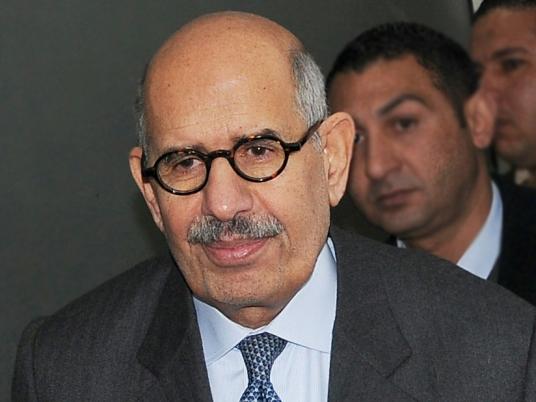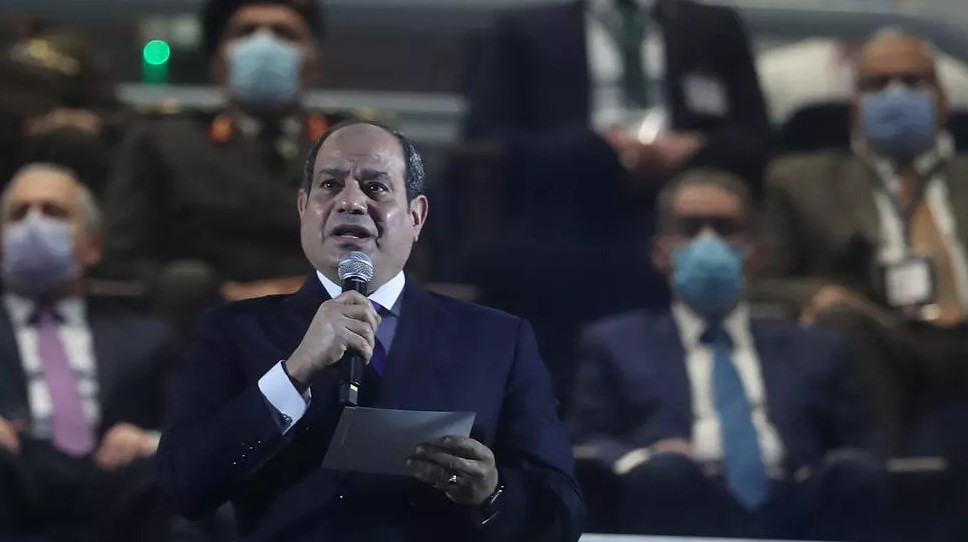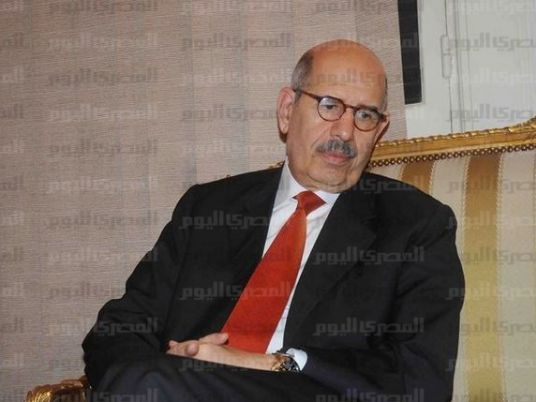Egyptian presidentialcandidate Mohamed ElBaradei on Wednesday proposed constitutional principles that did not contain any political role for the military. His proposal ran contrary to calls, by some Egyptian secular and nationalist groups, for Egypt to adopt the Turkish model where the military’s role is to protect the secular state.
Last month, Major General Mamdouh Shahin, member of the ruling Supreme Military Council, requested that the constitution give broad powers to the military, including the right to intervene in political affairs in order to protect the people, disallow parliament from discussing the military budget, and curtailing presidential powers to avoid interference in the military’s internal affairs.
But ElBaradei’s proposed bill of rights merely stated that "the armed forces are the shield of the people and protector of national sovereignty, which defend the independence and integrity of the nation against external threats, and develop systems that ensure the achievement of such goal."
The document criminalized any institution within the state that threatened the democratic system. According to Article VI of the proposed bill, “no text in this document may be interpreted as delegating any state institution, group or individual any right to engage in activity or action aimed at destroying rights or freedoms set forth herein."
Observers say that defining the Egyptian military’s role will represent an ongoing dilemma during Egypt’s transitional period.
The Egyptian military enjoys the respect of broad sectors of Egyptian society, which largely considers it a professional and national institution unpolluted by the financial corruption that has marred prior governments.
Democratic, liberal and Islamist groups want a civilian president to rule Egypt for the first time in modern history. In 1952, a military coup eventually brought four military presidents, including former President Hosni Mubarak, to power.
The bill contains six articles concerning the state’s political system and 11 on citizens’ fundamental rights.
Article I of the first chapter says the state is a democratic republic based on citizens’ rights and popular sovereignty, exercised through a parliament formed by credible and periodic elections that are conducted with secret ballots and provide equal representation without discrimination.
Article II provides that Islam is the state religion and Arabic the official language, and that the principles of Islamic Sharia law are the main source of legislation.



